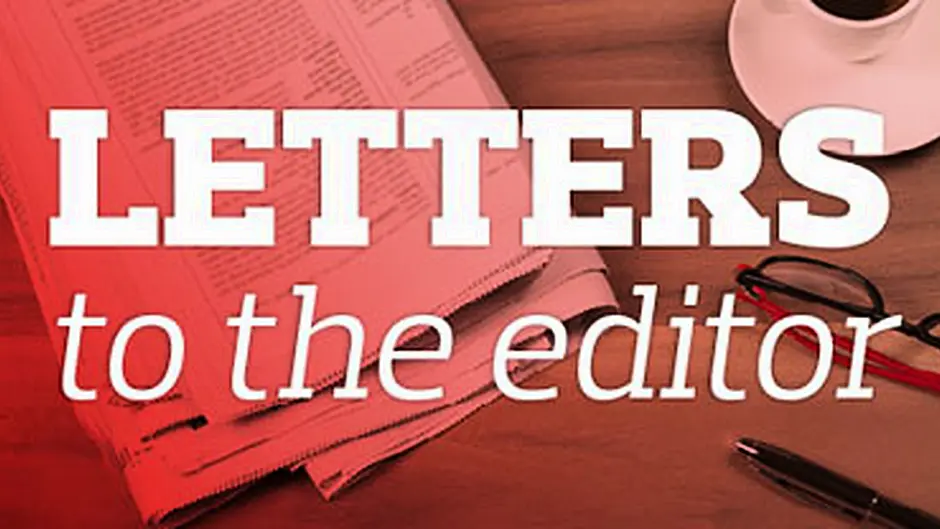SIR – I think of embassies and consulates as safe havens where citizens away from their home countries seek assistance in emergencies, renew passports or request or sign official papers they need occasionally.
SIR – I think of embassies and consulates as safe havens where citizens away from their home countries seek assistance in emergencies, renew passports or request or sign official papers they need occasionally. They are places of diplomacy, civility, conviviality, courtesy and problem solving. Some do intelligence gathering and sometimes, spying.
They are not seen as places of murder as is believed happened to the Saudi Arabian born journalist, Jamal Khashoggi, living in self-imposed exile from 2017 and who went to a Saudi Arabian consulate in Turkey Oct 2 for legal papers for a future marriage. His fiancée waited outside and did not see him come out. The Turkish authorities are of the firm view he was murdered and dismembered and his remains removed from the consulate. They believe his fingers were cut off first – in possible revenge, I think, for his writing. They have audio recordings of something bad happening.
The monarchical government of Saudi Arabia say they did not know of a killing in the consulate or sanctioned it. Turkey is not happy with this happening in a consulate in their country.
What his death means in the big picture is he was speaking out on uncomfortable issues and the decision was made to silence him forever. Jamal Khashoggi’s articles in the Washington Post is why his probable death was not swept under the carpet. His last article for the paper, published October 17th, was about wanting to see a free press in Arab countries and they had their own version of an Iron Curtain imposed by internal forces vying for power.
He began his journalism in Saudi Arabia in the 1980s and was foreign correspondent in Afghanistan, Algeria, Kuwait, etc. He was critical of Saudi Arabia’s intervention in 2015 in the “cruel war” in Yemen which the UN recently warned is close to a major famine as food prices are rising sharply because of its civil war.
He was against Israel’s building of settlements in what is seen as the Palestinian territories. He believed women should have the same rights as men and people should be free to speak their minds without fear of imprisonment. He was killed because of his views and opinions.
Mary Sullivan,
Cork.







